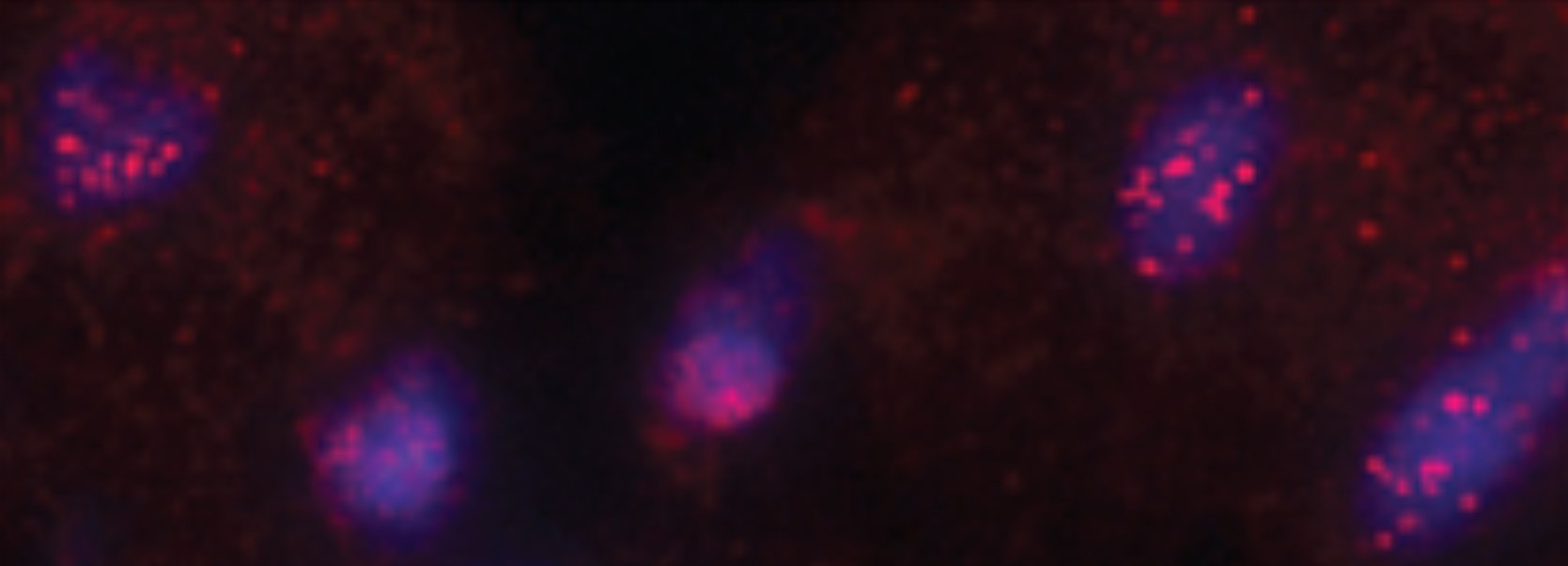
Paul C. Tang, M.D., Ph.D. Email: tang.paul2@mayo.edu
Bio: Paul Tang is an Associate Professor of Surgery as well as Physiology and Biomedical engineering at the Mayo Clinic. His cardiothoracic surgery training was completed at Duke University Medical Center where he also received advanced training in heart transplantation, ventricular assist devices and aortic surgery. He has given talks and published widely on the natural history and surgical outcomes of these diseases. At Yale University, Dr. Tang completed a PhD focused on cardiovascular immunology. Dr. Tang's clinical practice includes surgical treatment of heart failure (i.e. heart transplantation, ventricular assist devices), valvular repair or replacement, and aortic aneurysm surgery. He is an investigator in various national clinical trials for heart failure management, and is a member of professional societies such as The International Society for Heart and Lung Transplantation, Southern Thoracic Surgical Association, American Heart Association, American Association for Thoracic Surgery, and the Society of Thoracic Surgeons.
Research focus: Dr. Tang's cardiac surgery laboratory is developing novel technologies for the molecular modulation of donor hearts to improve performance after transplantation. His research group is developing cutting-edge therapies to reprogram the metabolome and modulate the physical attributes of molecular interactions to improve the ischemic resilience of donor hearts. Dr. Tang's also performs patient-focused research that studies clinical outcomes in heart transplantation and ventricular assist devices. The goal is to improve outcomes for patients experiencing advanced heart failure by developing an in-depth understanding of the benefits of various treatment strategies. Advanced statistical techniques for the analysis of "big data" are used to better understand the variations in treatment responses for specific patient subsets. Dr. Tang's academic work has received a number of research awards from the American Association for Thoracic Surgery, Thoracic Surgery Foundation and the National Institutes of Health.
Personal interests: In addition to caring for patients and making scientific discoveries with his colleagues, Paul enjoys spending the rest of his time with the family. He enjoys the great outdoors with his wife, 2 kids and friends by going hiking, camping, biking and fishing.
Select Publications:
Lei I, Huang W, Noly PE, Naik S, Ghali M, Liu L, Pagani FD, Abou El Ela A, Pober JS, Pitt B, Platt JL, Cascalho M, Wang Z, Chen YE, Mortensen RM, Tang PC. Metabolic reprogramming by immune-responsive gene 1 up-regulation improves donor heart preservation and function. Sci Transl Med. 2023 Feb 8;15(682):eade3782. doi: 10.1126/scitranslmed.ade3782. Epub 2023 Feb 8. PMID: 36753565.
Lei I, Tang PC. Commentary: The next chapter in donor heart preservation: Modulation of preservation biology by targeted molecular therapies. JTCVS Tech. 2021 Jul 1;9:95-96. doi: 10.1016/j.xjtc.2021.06.037. PMID: 34647072; PMCID: PMC8501207.
Lei I, Wang Z, Chen YE, Ma PX, Huang W, Kim E, Lam HYK, Goldstein DR, Aaronson KD, Pagani FD, Tang PC. "The Secret Life of Human Donor Hearts": An Examination of Transcriptomic Events During Cold Storage. Circ Heart Fail. 2020 Apr;13(4):e006409. doi: 10.1161/CIRCHEARTFAILURE.119.006409. Epub 2020 Apr 8. PMID: 32264717.
Tang PC, Haft JW, Romano MA, Bitar A, Hasan R, Palardy M, Wu X, Aaronson KD, Pagani FD. Right ventricular function and residual mitral regurgitation after left ventricular assist device implantation determines the incidence of right heart failure. J Thorac Cardiovasc Surg. 2020 Mar;159(3):897-905.e4. doi: 10.1016/j.jtcvs.2019.03.089. Epub 2019 Apr 5. PMID: 31101350.
Tang PC, Sarsour N, Haft JW, Romano MA, Konerman M, Colvin M, Koelling T, Aaronson KD, Pagani FD. Aortic Valve Repair Versus Replacement Associated With Durable Left Ventricular Assist Devices. Ann Thorac Surg. 2020 Oct;110(4):1259-1264. doi: 10.1016/j.athoracsur.2020.01.015. Epub 2020 Feb 24. PMID: 32105716.
Tang PC, Qin L, Zielonka J, Zhou J, Matte-Martone C, Bergaya S, van Rooijen N, Shlomchik WD, Min W, Sessa WC, Pober JS, Tellides G. MyD88-dependent, superoxide-initiated inflammation is necessary for flow-mediated inward remodeling of conduit arteries. J Exp Med. 2008 Dec 22;205(13):3159-71. doi: 10.1084/jem.20081298. Epub 2008 Dec 8. PMID: 19064699; PMCID: PMC2605224.
